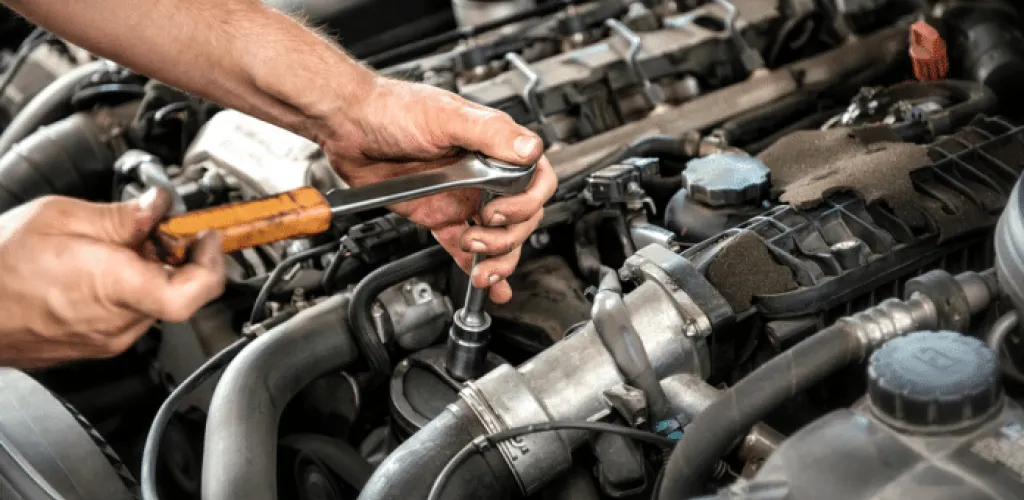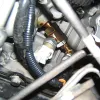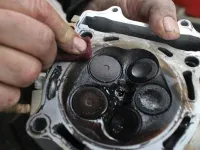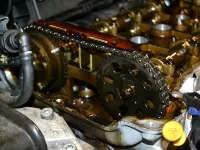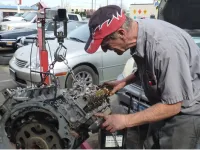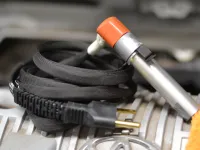- Ignition system wear can cause major misfires and engine shutdown.
- Unproductive misfire stems from unequal air/fuel ratio, worsening at idle.
- Mechanical failures like worn rings, valves, gaskets, or timing belt degrade engine as speed rises.
- Propulsion system issues, including transmission or clutch problems, can mimic engine failure.
In general, the term failure refers to an incomplete process of combustion inside the cylinder. When it becomes quite severe, the driver will feel convulsive movements from the engine or propulsion system.
Most of the time, the driver will take the car to a service center, complaining that the car’s distribution is no longer synchronized. It’s not entirely wrong, but poor timing is just one of the reasons for failures - and not the most common.
Ignition failure
An ignition system problem is one of the most common reasons for engine failures. As the ignition cables, distributor cover and rotor and coil wear out over time, they lose their ability to function properly and ignite the air and fuel mixture in the combustion chamber.
At first, the spark will only be weaker and the misfire will be subtle. As the components wear out, the failure will become more intense and the combustion process may be stopped altogether. This will cause serious convulsions or shock in the engine’s operating system (the engine may even react through the air system, causing a loud explosion).
Unproductive misfire
Being another common cause of engine failure, it refers to the existence of an unequal air / fuel ratio (too much air, too little fuel). Since the engine needs a richer fuel mixture to function ideally, the problem can become even more visible when the vehicle is idle.
It may decrease or disappear as the engine speed increases because the efficiency of volumetric flow in the combustion chamber increases significantly. This is one of the reasons why a vehicle has a better fuel consumption on the highway than in the city.
An EGR valve that is blocked in the open, a leak in the gasket of the collection gallery, a faulty air sensor, a poor fuel pump or a clogged gas filter are some of the causes of this type of failure.
Mechanical failure
When it comes to a miss, mechanical issues must also be considered - worn piston rings, valves, cylindrical walls on camshafts, a leaking gasket, broken or broken swings, broken fuel injectors (or the electronics that control them) , a poorly installed timing belt.
In general, this type of failure brings a feeling of suffocation, drowning of the engine. It is visible regardless of engine speed - in fact, it intensifies as the speed increases.
Propulsion system failure
Sometimes the engine has nothing to do with a failure. A common cause for poor performance (which makes you think it’s a failure) is a problem with the transmission and its ability to move up and down.
If the failure occurs at higher speeds, there may be a problem with the operation of the overloaded equipment or the shaking clutch. If you feel discomfort while slowing down, it could be due to the transmission delay.
Make sure your car is checked correctly to determine the cause of a failure. Entire engines have been replaced to solve a misunderstood mechanical problem, the cause of which was actually the transfer case, transmission, gearbox or front / rear offset.
